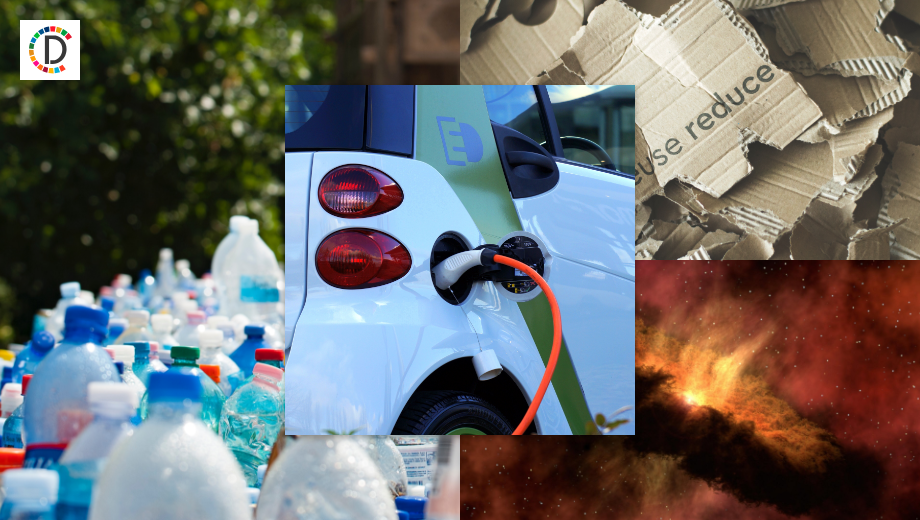Uneven Climate Transition Threatens South Africa's Socio-Economic Divide
South Africa’s uneven climate strategies highlight a growing socio-economic divide. While affluent cities progress with green job initiatives, poorer regions risk being excluded. The Climate Change Act mandates a unified transition approach, but varied preparedness threatens job prospects in coal-dependent regions. Experts call for coordinated efforts and community inclusion.

South Africa faces a growing socio-economic divide due to inconsistent climate strategies, as highlighted in recent research. Wealthier cities like Durban, Cape Town, and Johannesburg advance in reducing emissions and adapting to climate impacts, while less affluent regions lag behind.
The northeastern province of Mpumalanga, crucial for coal production, risks increased unemployment with coal plant closures unless green jobs fill the gap. South Africa's Climate Change Act aims for government policy alignment, but discrepancies remain significant.
Experts stress coordinating among government levels to harmonize climate plans, supporting poorer regions, and integrating community voices. South Africa's acceptance of the Just Energy Transition Partnership (JETP) underscores its shift towards renewables while ensuring local employment protection.
(With inputs from agencies.)










